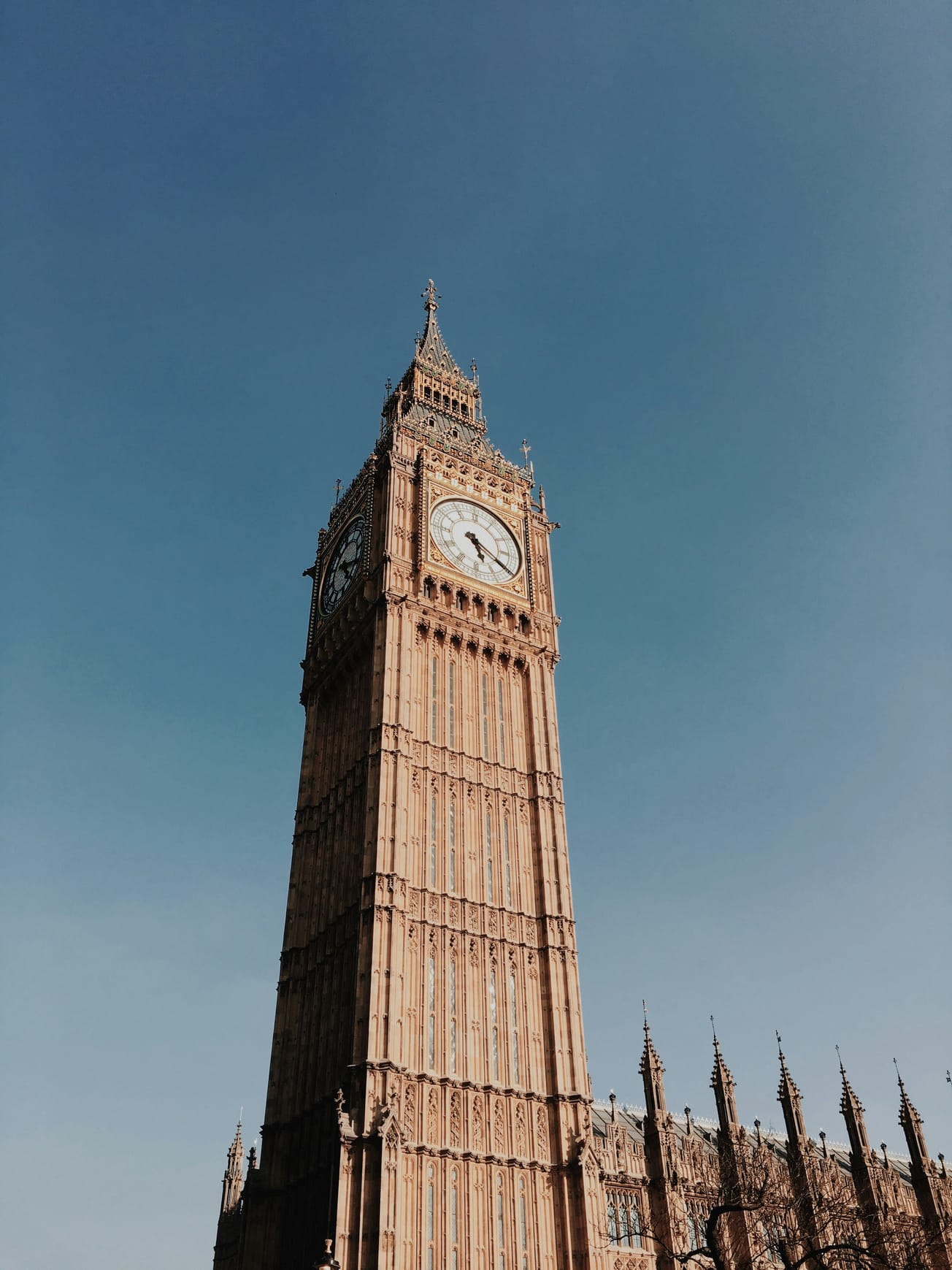By Ed Wallace, 1st year, Politics and Social Policy
As the calendar turns to December 2024, Keir Starmer stands at a political crossroads, steering a ship rocked by the weight of expectation. Sweeping into Downing Street with a landslide 412 seat victory just five months ago, Starmer’s Labour Party promised a new dawn, vowing to rebuild the nation after 14 years of Conservative turbulence. However, the early days of his tenure have been anything but smooth sailing. His leadership is a political whirlwind- marked by ambitious reforms, internal party struggles, and a public mood that’s as unpredictable as a British winter.
Starmer’s government began with a clear mandate for change, buoyed by voter frustration over years of austerity, Brexit-related chaos, and a cost-of-living crisis. Economic revival was at the core of his campaign, and Chancellor Rachel Reeves quickly introduced bold fiscal policies. These included a £22 billion NHS reform package and the recalibration of borrowing rules to fund long-term investments, all while pledging to reduce debt relative to GDP.
Furthermore, Starmer’s government is betting heavily on green energy, launching Great British Energy, a state-run renewable energy firm, as well as lifting the ban on onshore wind farms, designed to reduce the UK’s reliance of fossil fuels. Internationally, Starmer has worked to restore Britain’s standing on the world stage, attending pivotal summits like COP29 and the G20. His administration has committed to increased defence spending and emphasised climate leadership, positioning the UK as a "clean energy superpower".
Yet, despite some early victories, Labour’s honeymoon period seems to be quickly fading. Critics have pounced on Keir Starmer’s fiscal policies, especially the controversial decision to restrict winter fuel payments to only the poorest pensioners. This move, seen by many as a betrayal of Labour’s traditional values of universality and solidarity, has sparked outrage. A YouGov poll found that nearly 60% of Labour voters opposed the cuts, a sharp reflection of the growing disillusionment with Starmer’s leadership.

But the discontent doesn’t end there. Public sentiment has soured on Starmer’s leadership style, with many labelling him as too cautious, too bureaucratic, and disconnected from the urgency of the issues at hand. Allegations of cronyism, including reports of high-value gifts such as luxury accommodations and exclusive event tickets worth over £6000, have added fuel to the fire. These revelations have only deepened the sense that Starmer’s leadership is out of touch with the everyday struggles of voters.
On top of this, Labour's handling of major issues, particularly the housing crisis and immigration reform, has raised more eyebrows. The average UK private rents increased by 8.7% in the 12 months leading up to October 2024, and these rates are only expected to increase. Starmer’s weak stance on dismantling the controversial Rwanda plan, as well as his failure to deliver the promised changes on housing, has led to growing frustration. Many voters who once believed in Labour’s transformative vision now feel betrayed by a leader prioritising delays and compromises over bold, decisive action. As a result, Labour’s momentum has faltered, and its standing with voters has started to slip.
On the international stage, Keir Starmer's leadership is being tested by some of the most complex diplomatic challenges. His government's nuanced approach to the Israel-Palestine conflict—walking a fine line between supporting Israel's right to security and expressing concern over humanitarian suffering—has sparked heated debates both domestically and globally. While some praise Starmer's careful diplomacy, others criticise the lack of clarity and action on this volatile issue, questioning his ability to take a firm moral stance.
Additionally, the UK’s return of the Chagos Islands to Mauritius has stirred controversy. While this move addresses a colonial-era injustice, it has drawn backlash from Conservative critics who argue it poses strategic risks for the UK, particularly in terms of military influence in the Indian Ocean region. This move, though well-received in terms of human rights, complicates Starmer’s foreign policy stance.
Perhaps the most pressing challenge, however, is the looming reality of a second Trump presidency in the US. Navigating the unpredictability of U.S.-UK relations under another "America First" administration will require every ounce of Starmer's diplomatic skill. As Britain faces increasing pressure to remain relevant on the world stage, Starmer’s ability to maintain a delicate balance between independence and cooperation with a volatile ally will be key.
Keir Starmer’s premiership is fast becoming a political paradox. On one hand, he represents competence and stability, a welcome shift after years of Conservative chaos and scandal. His calm, methodical leadership has reassured many who craved a return to order. But on the other, his cautious approach is beginning to alienate voters who crave bold, transformative change. Critics argue that Starmer is more focused on damage control than on taking risks to shape an inspiring vision for the future. As a result, many view his leadership as a series of compromises rather than a decisive break from the past.
Polling data shows growing disillusionment, with Starmer’s approval rating plummeting by a historic 49 points just months after his landslide victory. Many are questioning whether Labour’s initial success was merely a rejection of Conservative rule rather than a genuine embrace of Starmer's vision. His ethical lapses and policy missteps, from the controversial fiscal policies to allegations of cronyism, have heightened scrutiny of a leader once seen as a steady hand. The electorate, it seems, demands not just stability—but progress.
Looking ahead, Starmer faces a high-stakes balancing act: delivering tangible results at home while safeguarding Britain’s international reputation. His success hinges on transforming his ambitious policies—whether tackling the housing crisis, revitalising public services, or realising Britain’s green energy dreams—into visible, meaningful outcomes. At the same time, he must navigate external pressures, from global geopolitical shifts to climate emergencies, all while managing internal party dynamics.
In many ways, Starmer’s first year has been a study in contradictions: pragmatism vs. vision, expectation vs. progress. Whether he can reconcile these tensions will shape his future—and the nation’s. For now, Britain waits with bated breath.







